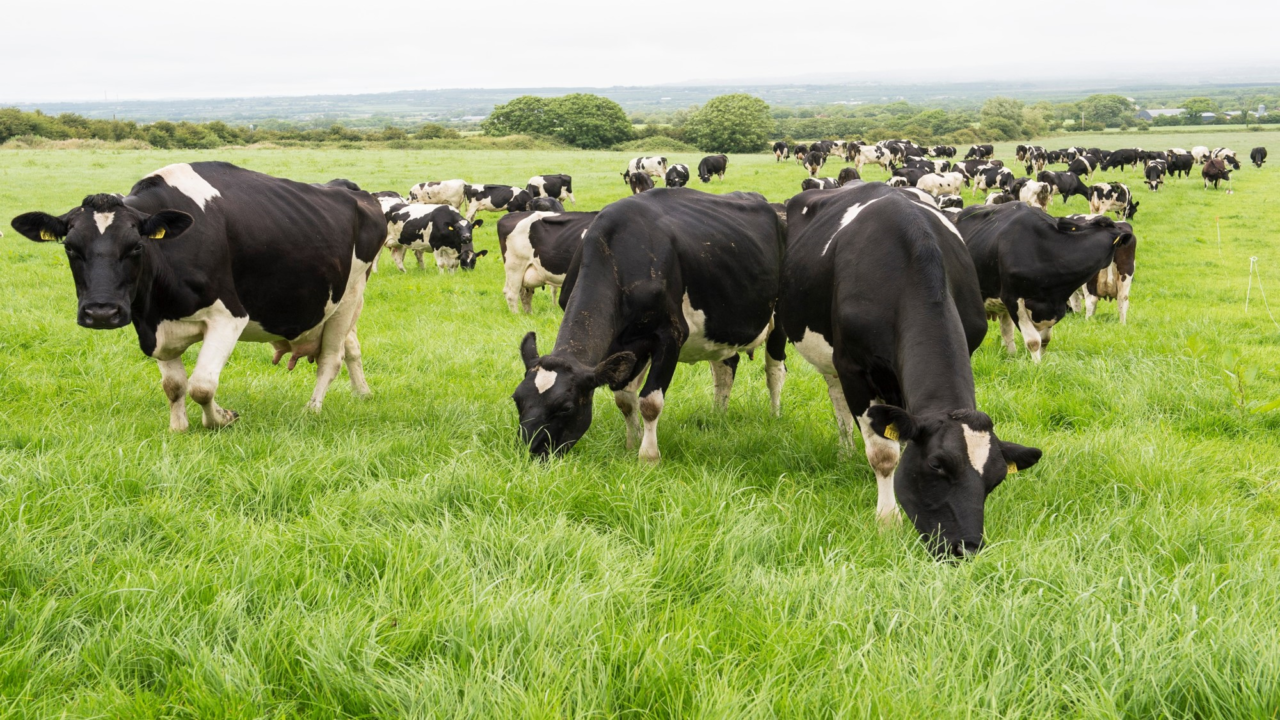Arla is about to introduce what it regards as a ‘green’, farmgate pricing system. And you may well ask – so what?
But if it is even half as fundamental as many people are currently surmising, the knock-on effect for Irish dairy could be ‘earth shattering’.
The pan-European dairy processor indicated some weeks ago that it is about to launch a new farm price structure, one that will fully reward the principles associated with sustainable milk production practices.
I have no idea as to what this might mean in a practical sense, but I can guess.
Irish dairy going ‘green’
It strikes that Arla’s producer base are about to become very familiar with the detail of what a carbon footprint value for their business actually entails.
Targets in this regard may well be set – and these may very quickly be tightened, in line with carbon ‘net zero’ targets that have now been set in countries around Europe.
Moreover, I sense that we are about to move from a discussion about the principles of sustainable dairy farming to a scenario which sees their full implementation. And the transition period in this regard could be quite short.
Arla is, no doubt, taking these steps in order to gain an advantage over its dairy processing rivals across Europe and beyond.
But, in so doing, the Denmark-headquartered operator will be setting milk production attainment targets to new heights – a development that may well have direct consequences for the dairy sector in Ireland.
Milk pricing
Assuming Arla does break through the glass ceiling and introduces a fundamentally new milk pricing system, it stands to reason that retailers and food processers in all of Ireland’s export markets will expect other dairy suppliers to meet the same criteria.
Governments and farming organisations can do all the talking in the world, but when the world of commercial reality kicks-in, everything starts to become very serious altogether.
The last number of months have seen Ireland’s milk industry talk the talk, where the issues of climate change and future sustainability are concerned. But are we about to walk the walk?
Last week’s Agricultural Science Association (ASA) conference saw foreign affairs minister, Simon Coveney, tell delegates that Irish agriculture must meet its responsibilities, where climate change mitigation is concerned.
In the same breath, he expressed full confidence in farming’s ability to meet the greenhouse gas (GHG) emissions targets set for 2030, without the need for reduction in livestock output.
He was basing his assertion on the belief that the various sectors will have the opportunity to adopt new, carbon-friendly technologies that can be implemented over the coming years.
But what if Arla, or some other food processing giant, comes forward with a climate change mitigation plan that shorts-circuits a transition period from years down to months?
Under these circumstances, it’s hard to see how Irish agriculture would theoretically not have to review downwards the output levels enjoyed currently by all its livestock-based sectors.
